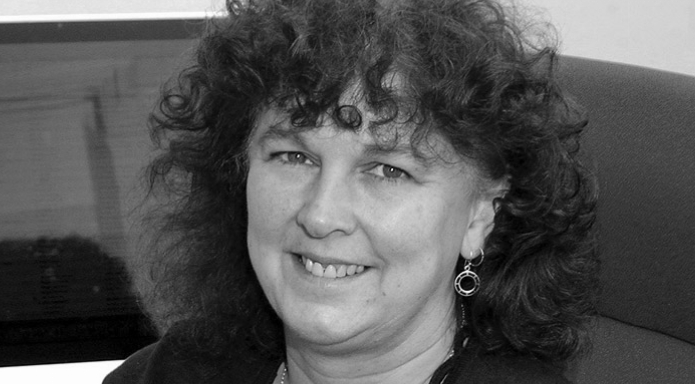How the cloud is taking journalists beyond borders
Consider this; an entire region has been quarantined due to a virus outbreak that is threatening to spread further. No one – other than doctors – is permitted to enter. Yet somehow, front-line video footage of the epidemic is captured and used to tell the story to the rest of the world. It sounds like a Hollywood blockbuster, but it’s actually the story of BBC’s Nick Garnett, and his use of iPods to share the ebola virus story.
It’s the epitome of Mobile Journalism (MoJo). The ability to go where journalists once couldn’t and tell the stories that were thought untellable.
We spoke with Nick earlier in the year and caught up again at MoJoCon 2017 to talk about the role the cloud played in producing his ground-breaking coverage of the Ebola story.
Enlisting the help of doctors and nurses at ground zero of the outbreak, Nick supplied them with mobile devices equipped with one app, Dropbox, and asked them to point and shoot. “We had this system where they had the devices, they had the training to be able to do the filming, but we needed to be able to get that material back and that’s where the cloud came in.”
“I wanted to make it as simple as possible. With Dropbox, if you go into an area with WiFi, it starts uploading your photographs straight from the device to the cloud. We were able set that up so when the doctors walked back into their environment – which has WiFi – the footage they’d filmed that day was coming back up to us, automatically.”
When we asked Nick if he is still using the cloud to store and share content when reporting in other danger zones, he told us he’d just come back from capturing content in Sudan and reiterated the vital role the cloud plays in safeguarding and sharing his captured content: “It’s a very fluid situation (Sudan). It’s a conflict zone. I wanted to make sure my material was frankly out of my hands as quickly as possible. And so I used the same sort of systems I used in Sierra Leone with the Ebola story. We can’t store everything on our devices, we’ve got to get out of the idea of having SD cards, because you can break an SD card and lose a week’s worth of work.”
To hear more about Nick’s MoJo experiences watch the video above – shot entirely on an iPhone! You can also read the full Ebola story on our blog, here. Additionally, you can watch our full recap of this year’s Mojocon event here.





